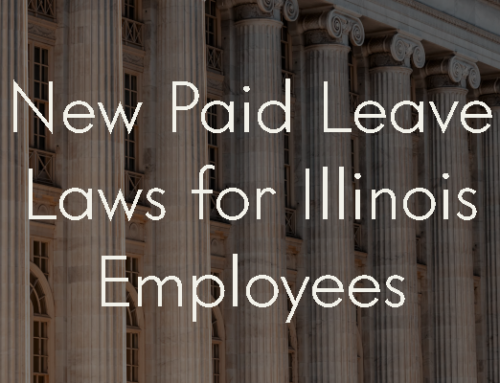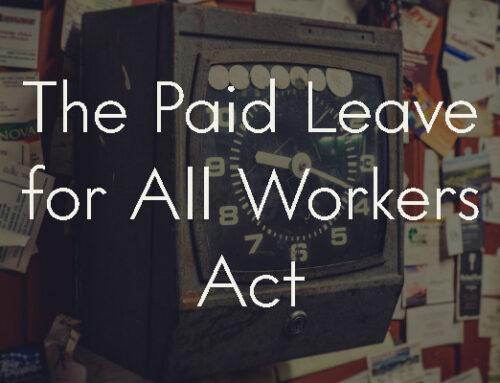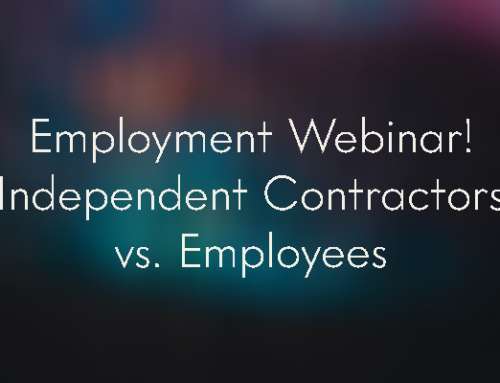Doing business in any city is often a backwards and bureaucratic imbroglio, and Chicago is no exception. But the gales of change are blowing in the Big Windy! Entrepreneurs in Chicago will soon have a new, first-of-its-kind resource to sell their retail and food products to the public. Beginning on Monday, December 3, 2018, small business owners will be able to apply for new licenses specifically designed for pop-up businesses. These licenses will reduce the administrative burden of operating a full-scale business, and invite small businesses (and thus, shoppers) to usher new life into desolate storefronts and neighborhoods.
This new ordinance covers brick-and-mortar pop-ups only; businesses that operate outdoors are not covered under the ordinance. The new license structure for pop-ups is quite nuanced, but we’ve done our best to give you the nuts and bolts.

We sent Katie Rinkus to investigate this exciting new opportunity.
What is a pop-up?
A pop-up is a short-term retail installation that helps businesses connect in-person with their customers, without the overhead associated with traditional brick and mortar stores. Utilizing temporary leases and smaller store footprints, pop-ups allow small business owners to test out different markets, without committing to a long-term lease in a single location.
Who needs a pop-up license?
All pop-up “users” (entrepreneurs) need to apply for a license through the city. Pop-up “hosts” (landlords) may need to apply for a license through the city, depending on what type of pop-up is planning on renting your space.
There are two types of licenses:
- Retail licenses (pop-up landlords for retail spaces do NOT need licenses)
- Food licenses (there are three tiers of food licenses, depending on the level of food preparation happening within the pop-up)
How long are licenses valid for, and how much do they cost?
Pop-up entrepreneurs and landlords can apply for licenses for various time periods, but none are valid for more than a year. Retail pop-ups can apply for a 5-day license for $25.00, a 30-day license for $50.00, a 90-day license for $75.00, a 180-day license for $100.00, and a 1-year license for $150.00. The fees for a food pop-up license vary depending on the tier, but the costs range from $25.00 to $150.00. The timeline for food pop-ups also differs from retail. You can find a user fact sheet here, and a host fact sheet here.
Things to keep in mind while operating a pop-up business
It’s very important that both pop-up users and hosts keep accurate and detailed records of each pop-up location. These records should include the address of the premises, the names of the owner and lessee, the date(s) and time(s) of the pop-up’s operation, any copies of agreements entered into by the user or host, and any applicable food sanitation and Department of Health certificates.
Additionally, though not required under the new ordinance, we recommend that every user and host carry liability insurance (and keep a copy of proof of insurance and the insurance policy handy) to cover potential liabilities you may face while operating your business.
How to apply for a pop-up license
So that’s the gist of these lovely new licenses, but how do you actually get one? Much to the entrepreneur’s chagrin, you have to apply in-person at the Department of Business Affairs and Consumer Protection, located in City Hall. Appointments are recommended – if you have to trek downtown, best not waste the trip – but the department hopes to issue licenses to applicants within one day. This is a new and exciting process, and we’re here to help – contact us with your questions and concerns.




